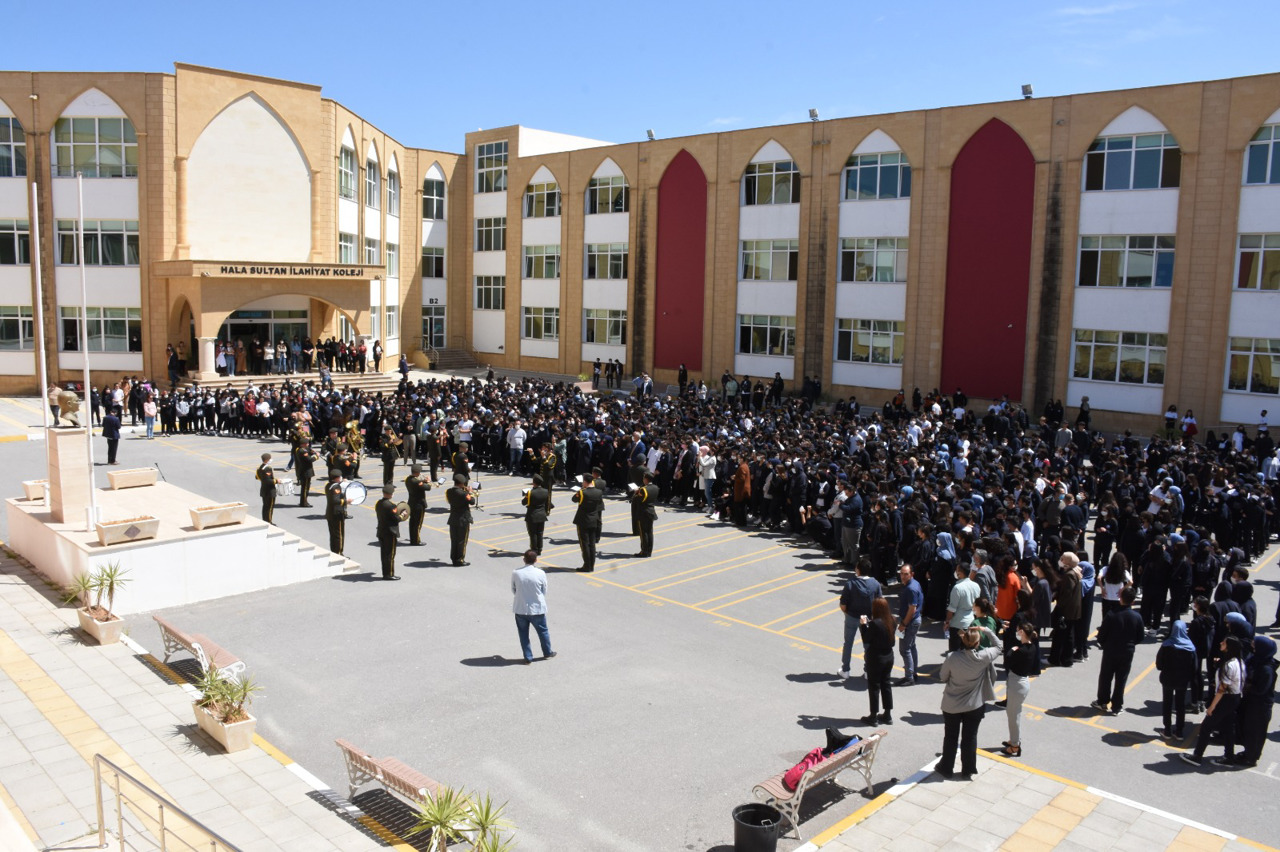Akel on Tuesday decried what it described as an “Islamic agenda” after a report was sent to Turkish Vice President Cevdet Yilmaz demanding that more religion classes be taught in the north’s schools.
“This is an extension of Turkey’s interference in the Turkish Cypriot education system to make it consistent with the Islamic agenda imposed in Turkey,” the party said.
It added, “as a result, among other things, transfers of teachers from Turkey are being promoted, private religious schools are being strengthened, and pressure is being exerted to establish compulsory religious education in the occupied territories, against the will and the identity of the Turkish Cypriot community.
“Akel supports the Turkish Cypriot community’s right to an independent education system,” it said, saying that this is a “goal supported by the majority of Turkish Cypriot teachers’ unions and progressive political parties”.
To this end, it said its member of the European parliament Giorgos Georgiou had submitted a question to the European Commission, asking whether it is aware of the issue and “what measures it intends to take to support the Turkish Cypriots’ right to an independent education system”.
The issue arose after the Cyprus Turkish educators’ union (Kibtes)’ chairman Himmet Turgut had sent Yilmaz a six-page report demanding more religion in Turkish Cypriot schools.
Turgut, who works at the controversial Hala Sultan theology college in Mia Milia, called for children as young as four years old to be given “religious information courses”, provided by either the north’s religious affairs directorate or by the Turkish embassy in Nicosia’s religious affairs advisory board.
The report also decried the lack of “religious culture and moral knowledge” courses being taught at public schools in the north.
The report then turned its attention to the Republic’s education system, saying religious courses “have a paramount place” in Greek Cypriot schools, and that “the government makes it mandatory to attend religious services before major Greek Orthodox religious holidays in public spaces and to receive a Greek Orthodox religious education”.
Teachers’ trade union Ktoeos leader Selma Eylem was quick to react, describing Kibtes as an “embassy-backed union” and saying its report is part of “efforts to put ideological pressure on teachers”.
Religious culture and moral knowledge courses were first introduced in the north in 2009, with the Hala Sultan theology college being opened three years later in 2012.
Questions have been raised in recent years over what some have seen as an imposition of religion in the north by the Turkish government, which itself has become more religious over recent decades.






Click here to change your cookie preferences